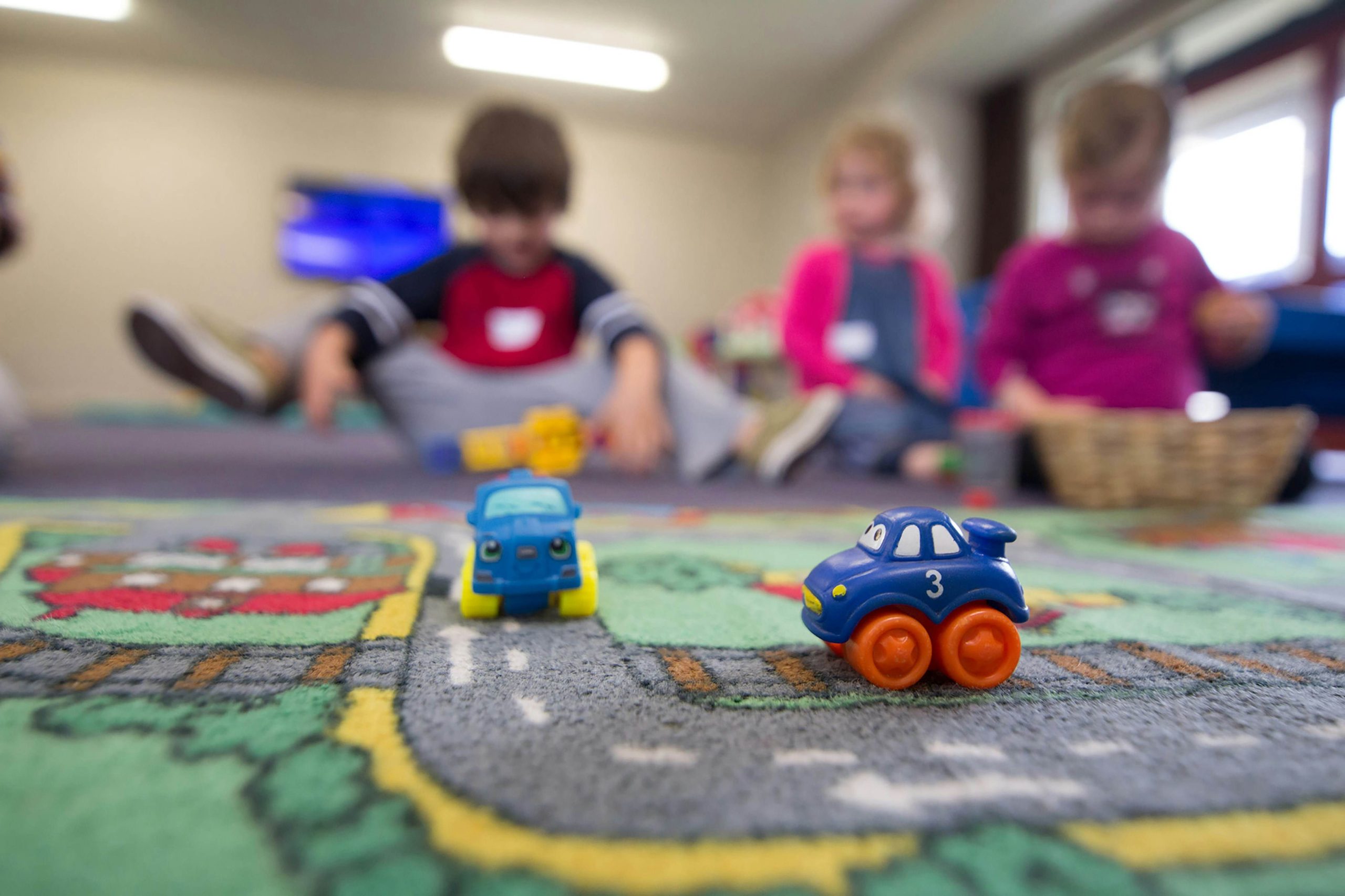
The Importance of Enrichment Classes for Preschoolers: Age-Appropriate Reasons
As a parent or caregiver, you want the best for your preschooler. You want to give them every opportunity to learn, grow, and thrive. Enrichment classes can provide your child with valuable experiences and opportunities that they may not get in their regular preschool program. In this article, we will explore the age-appropriate reasons why preschoolers need enrichment classes.
Socialization Skills
Preschoolers are at an age where they are learning to interact with their peers and develop socialization skills. Enrichment classes can provide a safe and structured environment for preschoolers to interact with other children and learn how to communicate effectively. Through these classes, preschoolers learn how to take turns, share, and cooperate with others, which are essential skills for their future success.
Cognitive Development
Preschoolers are in a stage of rapid cognitive development. Their brains are like sponges, absorbing information and experiences at a remarkable rate. Enrichment classes can stimulate their cognitive development through activities that promote critical thinking, problem-solving, and creativity. For example, STEM-focused classes can spark an early interest in these subjects, fostering a lifelong love of learning.
Motor Skills Development
Preschoolers are also developing their fine and gross motor skills, crucial for physical development and coordination. Enrichment classes that focus on physical activities, such as dance, gymnastics, or sports, can help preschoolers develop these skills in a fun and engaging way, promoting a healthy lifestyle.
Cultural Exposure
Enrichment classes expose preschoolers to different cultures and perspectives, fostering appreciation for diversity. Learning about different cultures helps preschoolers become more empathetic and understanding individuals. Exposure to different languages can also help them develop language skills and a love for learning new languages.
Confidence Building
Enrichment classes help build preschoolers’ confidence and self-esteem by allowing them to learn new skills and engage in activities outside their comfort zone. This sense of accomplishment can extend to other areas of their lives, such as school and social situations.
Parent-Child Bonding
Enrichment classes provide an opportunity for parent-child bonding. By participating in activities together, parents and preschoolers can strengthen their relationship and create lasting memories, fostering a supportive and nurturing environment for the child’s overall development.
Preschoolers who take enrichment programs gain various advantages, including socialization abilities, cognitive development, motor skills, exposure to different cultures, confidence-building, and parent-child connections. When deciding whether to enroll your preschooler in an enrichment class, consider these age-appropriate benefits. By giving your child these opportunities, you can help put them on a path to fulfillment and success.
Emotional Development
Preschoolers are also developing their emotional intelligence, essential for their overall well-being. Enrichment classes provide a safe environment for preschoolers to learn about their emotions and develop healthy coping mechanisms. For example, mindfulness and yoga classes can help them regulate their emotions positively, fostering resilience.
Exposure to the Arts
Arts-focused enrichment classes nurture preschoolers’ creativity and imagination. Through music, art, or drama, preschoolers can explore different forms of expression, developing their artistic abilities and appreciation for the arts.
Preparation for School
Enrichment classes prepare preschoolers for formal schooling by developing their cognitive, social, and emotional skills. Boosted confidence equips them to navigate academic and social demands more effectively.
Flexibility and Adaptability
Enrichment classes help preschoolers develop flexibility and adaptability by exposing them to various activities and experiences. This fosters resilience in the face of challenges and opportunities.
Introduction to Technology
Enrichment classes introduce preschoolers to technology in a safe and age-appropriate manner. They develop essential skills like problem-solving and critical thinking, crucial for future academic and career success.
Building Social Skills
Preschoolers benefit from enrichment classes that help them develop crucial social skills through group play and team-building exercises. This fosters empathy and positive relationships.
Motor Development
Physical activities in enrichment classes, such as dance or sports, aid in preschoolers’ gross and fine motor skill development, improving coordination and strength.
Individualized Learning
Enrichment classes offer preschoolers tailored learning experiences, enhancing their competence and confidence by aligning activities with their interests and strengths.
Early Intervention
Enrichment classes serve as an early intervention strategy for preschoolers experiencing developmental delays, providing specialized support to prevent future challenges.
Preschoolers who attend enrichment programs gain various advantages, from language development to emotional regulation to cognitive and motor skills. When enrolling preschoolers in enrichment classes, consider age-appropriate benefits to promote meaningful growth.
Language Development
Enrichment classes facilitate preschoolers’ language development, enhancing vocabulary, grammar, and pronunciation skills, fostering confidence and fluency in communication.
Creativity and Imagination
Enrichment classes focusing on the arts nurture preschoolers’ creativity and imagination, allowing them to explore different forms of expression.
Exposure to STEM
STEM-focused enrichment classes develop preschoolers’ critical thinking and problem-solving skills, fostering confidence and competence in these vital subjects.
Independence and Self-Reliance
Enrichment classes help preschoolers develop independence and self-reliance through opportunities for choice and responsibility, fostering resilience and adaptability.
Time Management and Organization
Enrichment classes teach preschoolers time management and organization skills, instilling responsibility and efficiency in their daily lives.
Emotional Regulation
Enrichment classes aid preschoolers in developing emotional regulation skills, including self-awareness and empathy, fostering resilience and effective coping mechanisms.


